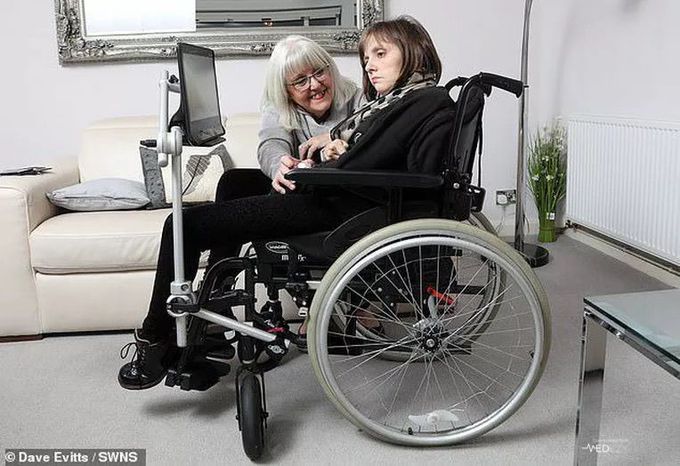


Rett Syndrome
Rett syndrome (sometimes referred to as RTT or RS) is a rare neurodevelopmental disorder predominantly affecting girls, characterized by an initial phase of typical childhood development followed by a complex regression in neurological and psychic functions. The diagnostic journey is marked by subtle signs such as reduced muscle tone and inconspicuous hand movements, progressing through four stages. Stage I: In this phase, children experience delays in gross motor development, exhibit disinterest in play, lose eye contact, and may encounter episodes of breath-holding. Early signs, though subtle, hint at the unfolding disorder. Stage II: A notable regression becomes apparent, featuring behaviors like repetitive hand movements, breathing irregularities, seizures, and disturbances in sleep patterns. This stage underscores the evolving complexities of Rett syndrome, as the neurological landscape undergoes discernible alterations. Stage III: While some improvement in behavior and communication skills occurs, it is juxtaposed against the perpetuation of cognitive impairment. Concurrently, manual stereotypies intensify, motor rigidity increases, and seizures persist, unveiling the intricate nuances of the syndrome's progression. Stage IV: Signifying a stabilization in cognitive decline, this stage is characterized by an accentuation of motor challenges, cessation of walking, and a potential decrease in seizure frequency. The intricate interplay between cognitive and motor aspects attests to the multifaceted nature of Rett syndrome. Rett syndrome's pathogenesis crystallizes through a mutation in the MECP2 gene on the X chromosome. While primarily affecting females with severe repercussions, a paradoxical sparing of a small fraction of affected males adds an intriguing layer to the genetic landscape. A persistent conundrum lies in the fact that only 80% of females exhibiting clinical signs harbor the MECP2 gene mutation, with seemingly healthy carriers further complicating the genetic paradigm. Source: Smeets EE, Pelc K, Dan B. Rett Syndrome. Mol Syndromol. 2012;2:113-127: http://www.ncbi.nlm.nih.gov/pubmed/22670134 Partial rescue of Rett syndrome by ω-3 polyunsaturated fatty acids (PUFAs) oil: https://www.ncbi.nlm.nih.gov/pmc/articles/PMC3380188/ MedScape "Rett Syndrome", author Bettina E Bernstein, DO, DFAACAP, DFAPA: https://emedicine.medscape.com/article/916377-overview?form=fpf Picture: Heartwarming moment woman, 36, who has NEVER spoken because of a rare brain disease tells her mother 'I love you' using device which converts eye movements to words: https://www.dailymail.co.uk/health/article-7885465/Heartwarming-moment-woman-never-able-talk-tell-mother-love-you.html

